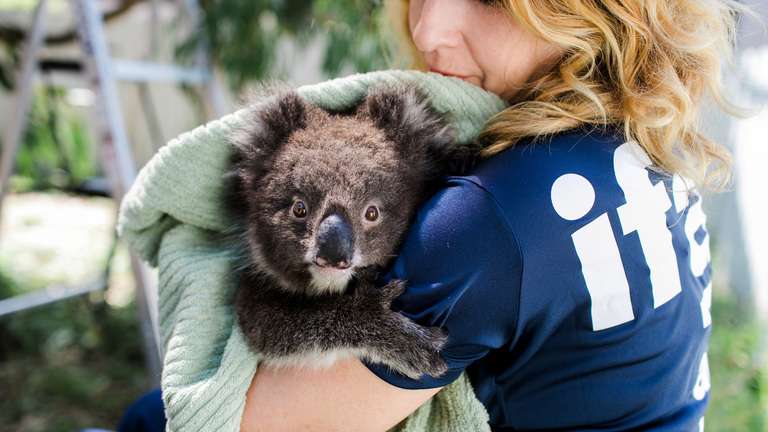In the inky depths of the western Pacific Ocean, a captivating drama unfolds each breeding season. The spear squid (Heterololigo bleekeri), a commercially valuable food source in Japan, engages in a complex reproductive dance unlike any other.


In the inky depths of the western Pacific Ocean, a captivating drama unfolds each breeding season. The spear squid (Heterololigo bleekeri), a commercially valuable food source in Japan, engages in a complex reproductive dance unlike any other.

Explore the intricate world of ecology and discover the importance of biodiversity, the human impact on ecological systems, and the ongoing efforts to conserve and sustain our natural world. From inspiring success stories to pressing global challenges, delve into the fascinating field of ecology and learn how we can all play a part in protecting and preserving the Earth’s precious ecosystems for future generations.

In today’s world, environmental consciousness has become an undeniable imperative. The stark reality of climate change and the ever-growing mountains of plastic waste necessitate a collective shift towards sustainable practices.

The natural world finds itself at a critical juncture, grappling with an unprecedented crisis fueled by habitat loss and the relentless encroachment of human activity. Across the globe, countless species teeter on the brink of extinction, their survival imperiled by the relentless march of urbanization, deforestation, and industrial expansion. In the face of such daunting challenges, the imperative to preserve biodiversity has never been more pressing.

Legumes are nutritional powerhouses rich in protein, fiber, and essential nutrients, offering a versatile and sustainable option for modern diets. Their bioactive compounds contribute to health benefits, including improved cardiovascular health and blood sugar regulation. Innovative culinary creations with legumes, from plant-based proteins to international dishes, showcase their culinary versatility. Eco-friendly evaluation methods, such as sustainable farming practices and Life Cycle Assessments, are essential for promoting environmentally responsible legume production. Embracing the nutritional, culinary, and sustainable benefits of legumes can contribute to a healthier, more sustainable future for all.

Fast fashion’s allure of cheap clothes comes at a hefty environmental cost. According to a recent report by Textile Exchange, the fashion industry is responsible for a staggering 8-10% of global carbon emissions and 20-30% of wastewater discharge. With unethical labor practices also prevalent, it’s time to rethink our shopping habits and embrace a more sustainable approach.